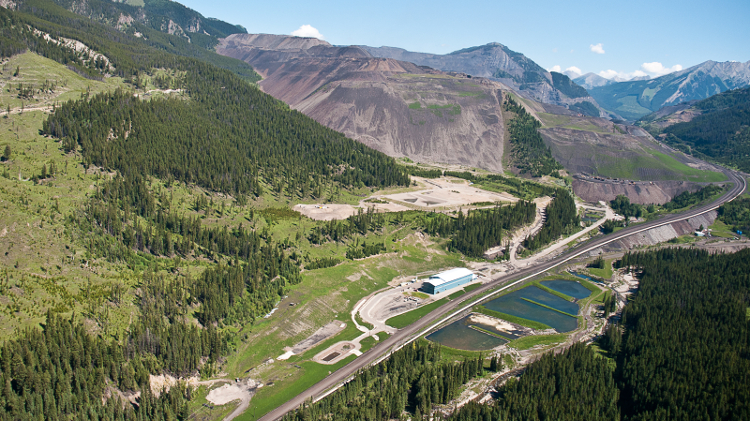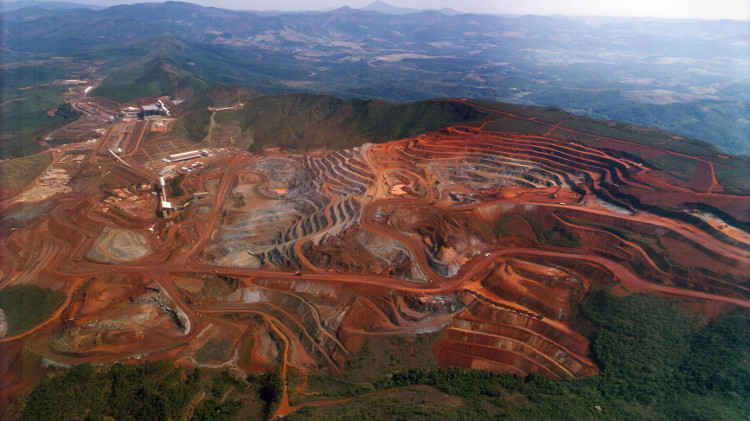British Columbia Premier Christy Clark’s Liberal party clinched a tight minority win in the provincial election on May 9th, final results released on May 24th, which included absentee ballots, confirmed. The party won 43 of the 87 seats in the provincial legislature.
The Liberals had hoped that they would be able to gain at least one more riding – which would give them a majority – after more than 179,000 absentee ballots were counted, with Clark telling her supporters on election night that she was “confident” those votes would “strengthen our margin of victory.”
The NDP won 41, and the Green Party holds three, giving the party its highest showing ever and the balance of power in the legislature.
The Liberals, which were seeking a fifth consecutive term, have been friendly to the mining industry and other resource development. The party supports expanding the Kinder Morgan Trans Mountain Pipeline as opposed to the NDP and Green parties, which have stated their opposition.
While the Liberals have also pushed for more LNG development in the province, the NDP have accused the party of making “sweetheart deals” with LNG proponents, and pledged that any new projects must meet four conditions, including more jobs and training opportunities; full partnerships with local First Nations, and undergoing a “made-in-BC environmental assessment.”
The Liberals have pledged to have eight new mines permitted, in construction or operation by 2022 and upgrade or expand nine by 2020. They also promised to invest $18 million in mine permitting and oversight, and phase out the provincial sales tax on electricity for mines.
The Liberals said they plan to maintain the carbon tax freeze until 2021, which the NDP and Greens wanted to lift earlier – the NDP by 2020 and the Greens by 2018.
The NDP and Greens have both said they support the mining industry but have called for better oversight and more stringent regulations. The NDP pledged to establish a B.C. mining jobs task force to protect against commodity fluctuation and to introduce an independent oversight unit. The mines ministry was the subject of a scathing Auditor General’s report in May 2016 that accused the department of “regulatory capture” that prevented it from properly enforcing industry regulations. The Liberals have promised to “continue to address” the report’s recommendations.



